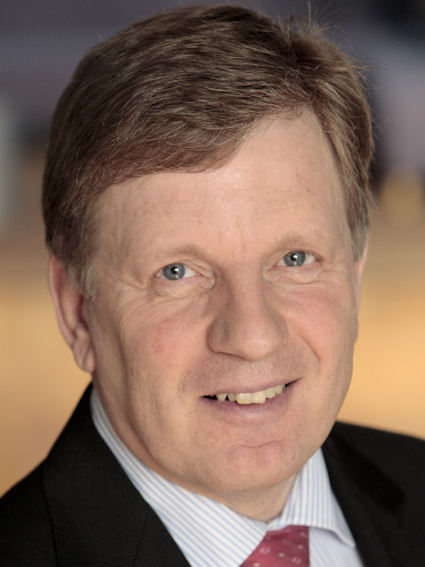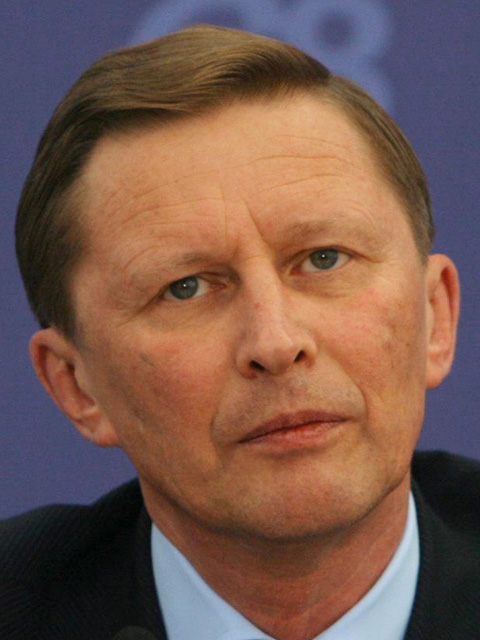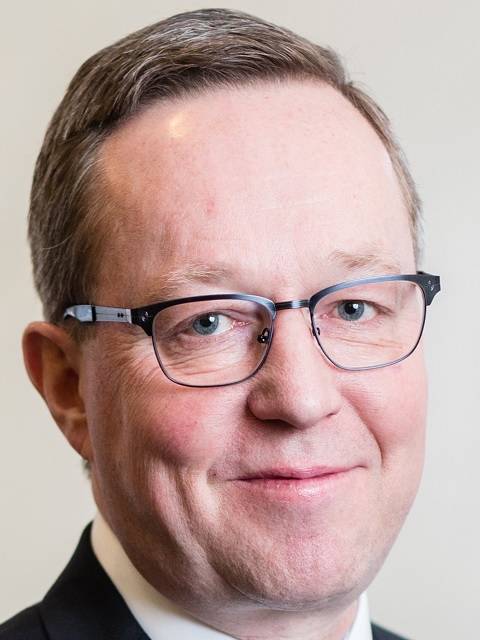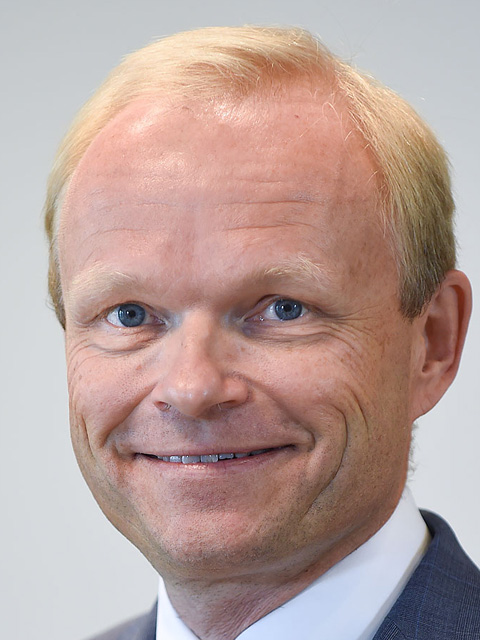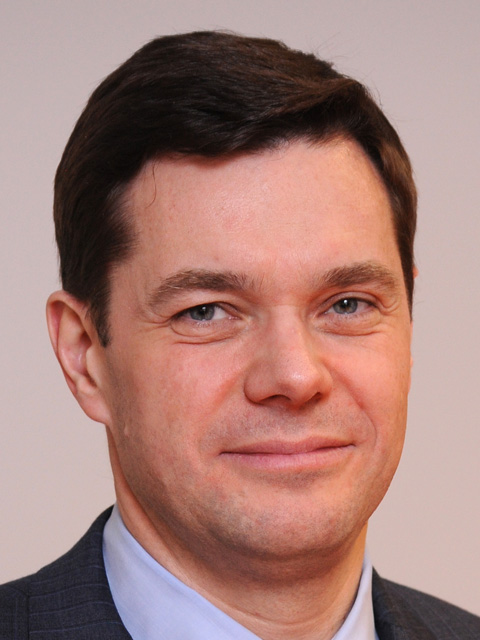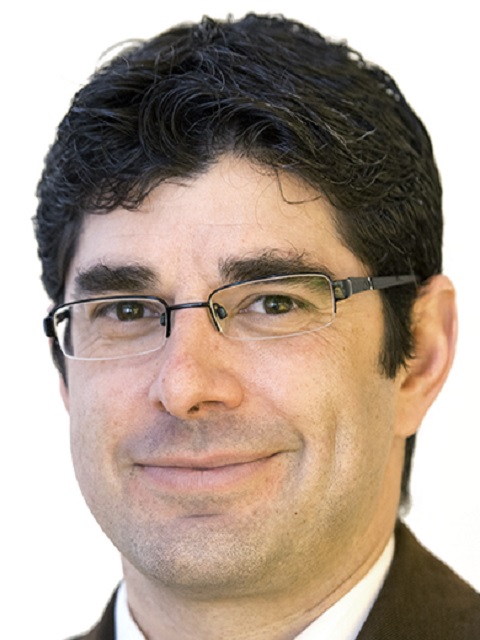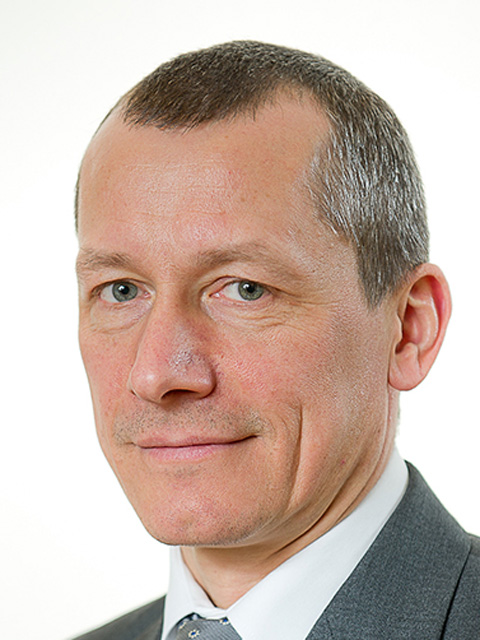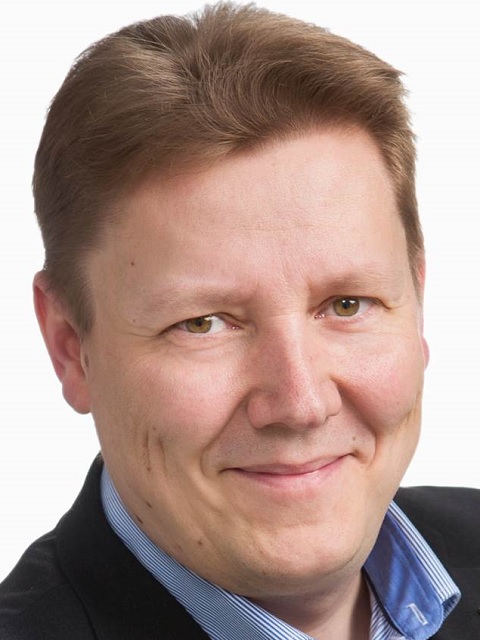Russia–Finland
The main principle of the circular economy is ensuring that each process in the life cycle of a product or service is carried out with maximum efficiency, yet with minimum waste, industrial emissions, and energy leakage. When the lifetime of a useful service has ended, goods are not discarded, but recycled. Companies work together to build ecosystems where waste from one producer becomes raw material for another. The net profit of the European market’s circular economy is forecast to be EUR 1,800 billion by 2030. A circular economy offers significant environmental and social benefits. The transition to a circular economy will require significant changes at the societal and state levels and will affect the choices made by citizens and by consumers as whole. A national roadmap for the circular economy will set the pace for changes in legislation and interaction between society and business. The circular economy will open up new business opportunities and create new jobs, not only to replace those that were lost during industrial structural changes. Bioeconomics is the economy of the regeneration of natural resources in the production of food, energy, goods, and services. The bioeconomics of Finland is based on the regeneration of forestry and chemical industries. Digital technologies can be used to replenish and maintain bioresources. New ways of utilizing bioresources at the regional level will promote economic growth and create new jobs. It is expected that new products, materials, and services will appear in forestry, chemical, and energy industries, as well as in the area of smart digital solutions. In Finland, a bioeconomics programme is part of the state development strategy for various sectors of the economy. Russia has approved an integrated comprehensive biotechnology development programme for the period until 2020. In Russia, the development of bioeconomics holds the promise of new jobs, investment, and stable economic growth. International cooperation and the sharing of best practices can help create the right conditions for the sustainable and consistent development of bioeconomics. How can an environment that will facilitate a circular economy in Russia be created? What potential does bioeconomics have for economic relations between Russia and Europe? What opportunities do the circular economy and bioeconomics open up for Russian and Finnish companies?
Moderator
Esko Aho,
Prime Minister of Finland (1991–1995); Executive Chairman of the Board, East Office of Finnish Industries
Key notes
Sergei Ivanov,
Special Presidential Representative for Environmental Protection, Ecology and Transport
Mika Lintila,
Minister of Economic Affairs of the Republic of Finland
Panellists
Alexander Drozdenko,
Governor of Leningrad Region
Pekka Lundmark,
President, Chief Executive Officer, Fortum Corporation
Elisa Markula,
President, Chief Executive Officer, Tikkurila Oyj
Alexey Mordashov,
Chairman of the Board of Directors, Severstal
Marc Palahi,
Director, European Forest Institute
Karl-Henrik Sundstrom,
Chief Executive Officer, Stora Enso Oyj
Andrey Sharonov,
President, Moscow School of Management SKOLKOVO
Front row participant
Joni Hautojarvi,
Managing Director, Norilsk Nickel Harjavalta Oy




